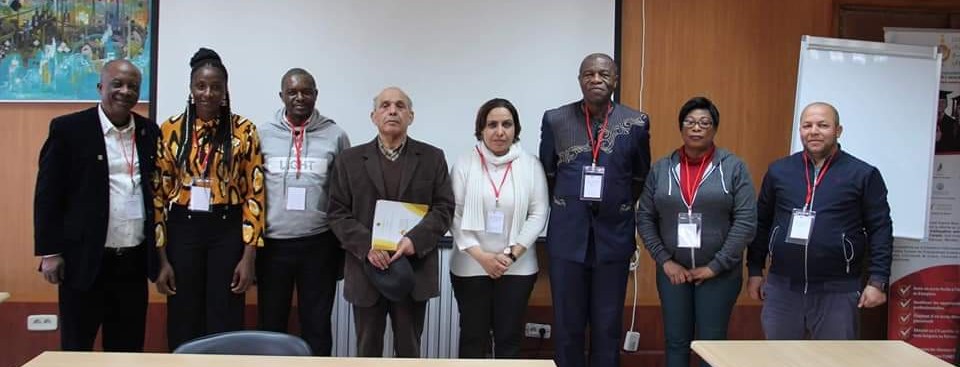The AFRICOM project
It is in this context, the University of Yaoundé I coordinates the AFRICOM project “Reinforcing Coherence Relevance and Partnership in Computer Engineering Education in Africa“, a partnership of Higher Education Institutions from African Countries, within which students, researchers and academic and administrative staff from the AFRICAN Countries will be selected and will receive financial support to develop masters, mobility within doctoral programmes, research, teaching and administrative activities in Africa.
The AFRICOM project is a mobility project with an innovative approach to higher education and in line with the strategy of the African Union and the European Union.
This project focuses on training and research, involving the five regions of Africa, 6 partner universities and covering four working languages (Arabic, French, English and Portuguese) and under the supervision of one technical partner from Europe, Spain (EU).
The project aims to exchange students and scientists in various scientific fields using a multidisciplinary approach to accommodate the concept of the HIGH TECH COMPUTING platform activities related to construction and sustainability. This approach allows partners to integrate effectively the four thematic areas of this call for proposals.
Starting from the fields of intersection between the computer sciences, information science, digital science and traditional disciplines such as mathematics, the idea to work on HIGH TECH COMPUTING emerges: as a base for sustainable development. In this way the higher education institutions (HEIs) will quickly understand that approaches to development need to be multidisciplinary, cross cutting and holistic. In the meantime, the collaboration and co-supervision of students must be able to unite the once widely separated institutions and lead them to achieve common goals.
AFRICOM aims to contribute to human resource development and international cooperation capacity of higher education institutions (HEIs) by highlighting a mobility of 110 people (students, academic and administrative staff) that will impact in mutual enrichment of societies by developing international experience and qualified women and men.
Expected results related to the objectives outlined in the call for Proposals are many: These include:
- Amplification of the reform initiatives of Higher Education by existing inter-regional harmonization of HE systems in Africa,
- Scientific exchange in multidisciplinary fields,
- Strengthening the quality of training,
- Educational innovations by designing modules for easy cross employability and student success,
- Improving competitiveness and entrepreneurship among students,

- Sharing and disseminating good practices in the organization of this mobility,
- Sustainable development of networks at the continental, regional and bilateral levels,
- Training of academic and administrative staff,
- Involvement of institutional leaders and policy-makers in order to develop cooperation in the overall strategy of institutional internationalization.
Download AFRICOM guidelines for applicants – English August 2018
NEWS
PARTNERS
| INSTITUTION | CONTACT PERSON | |
 |
University of Cape Town SOUTH AFRICA |
Contacts : Ms Carol O Mr Charlton E carol.ojwang@uct.ac.za |
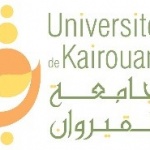 |
Université de Kairouan TUNISIA |
Contacts : Taouffik Elmissaoui elmissaoui.enit@gmail.comMs. Mahbouba B mahbouba.bellar@gmail.com |
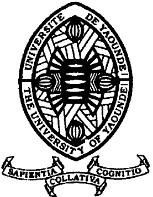 |
University of Yaoundé I CAMEROON |
Contacts : Prof Awono O Louis Kiru louiskiru@yahoo.com |
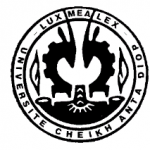 |
Université de Cheik Anta Diop SENEGAL |
Contacts : Niang Abdoulaye Prof Idrissa Sar abdoulaye.niang@ucad.edu.sn |
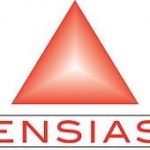 |
ENSIAS Mohamed V University MOROCCO |
Contacts : Prof Rachid O rachid.ouladhajthami@gmail.com |
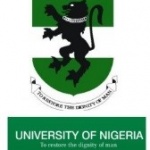 |
University of Nigeria Nsukka NIGERIA |
Contacts : Prof Emmanuel O emma.osinem@unn.edu.ng |
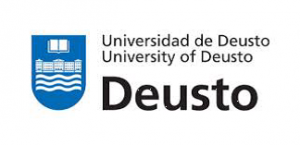 |
University of Deusto SPAIN |
Contacts : Olga Benitez Judit Cano intra.acp@deusto.es |
Consortium Partners: Universite de Yaounde I; Universite Mohammed V, Rabat; Universite Kairouan; University of Nigeria, Nsukka; Universite Cheik Anta Diop; University of Cape Town; University of Deusto.






